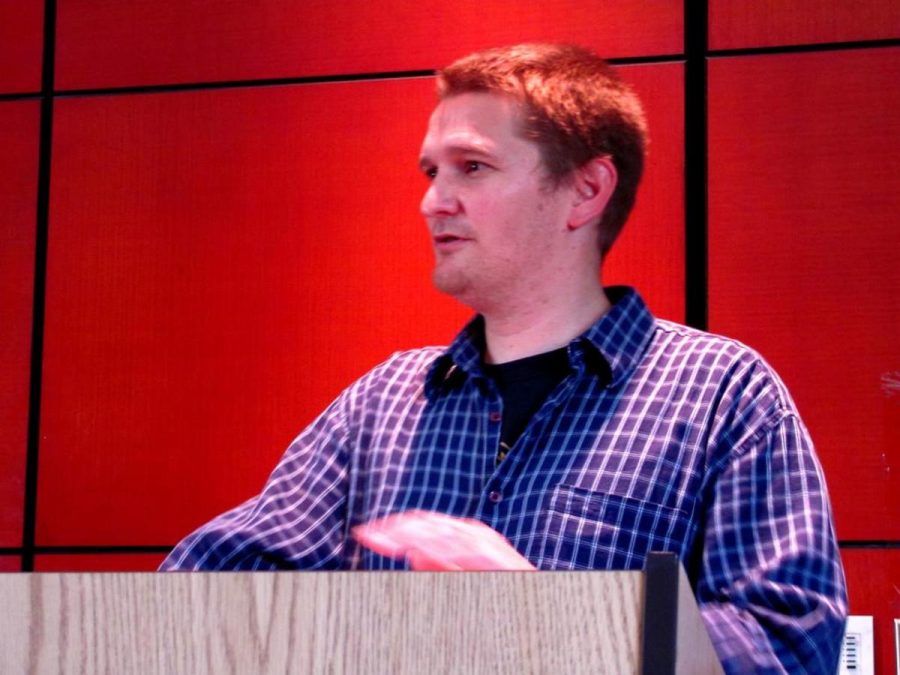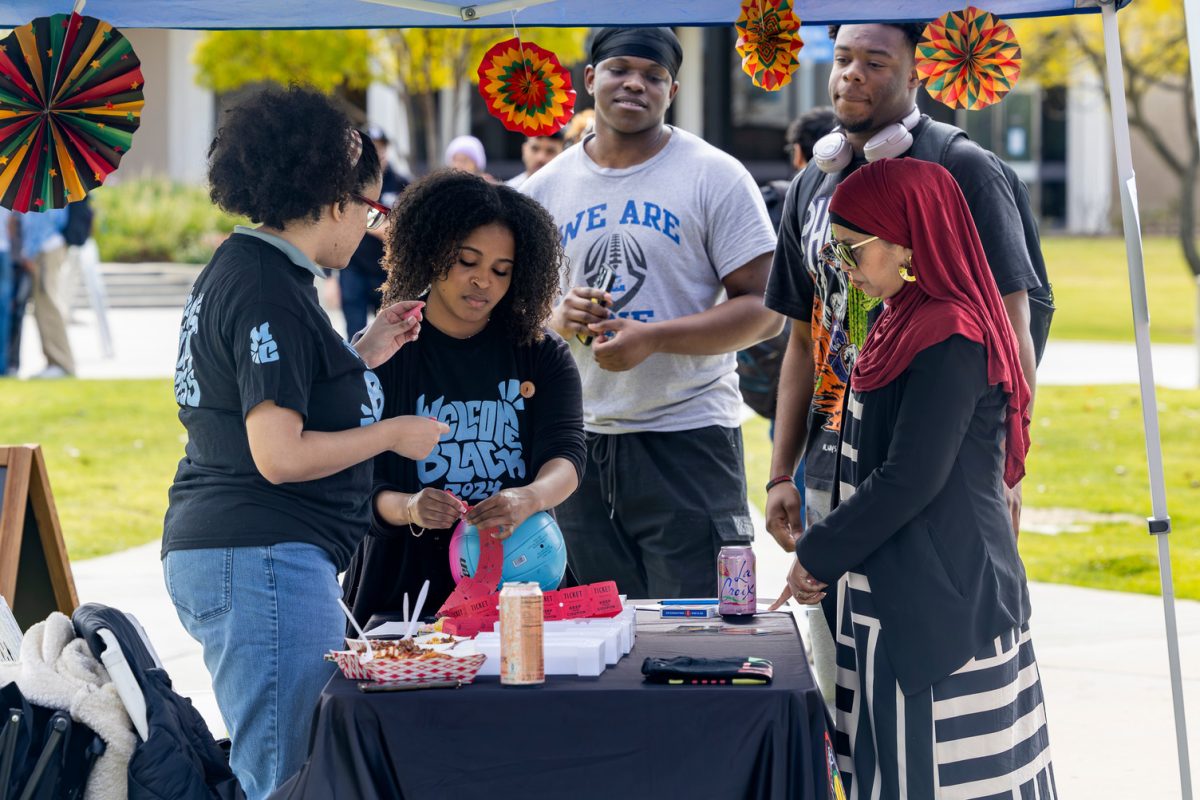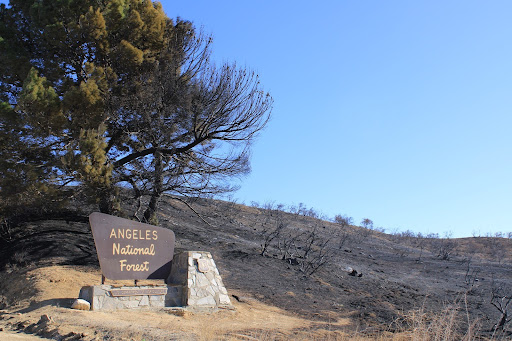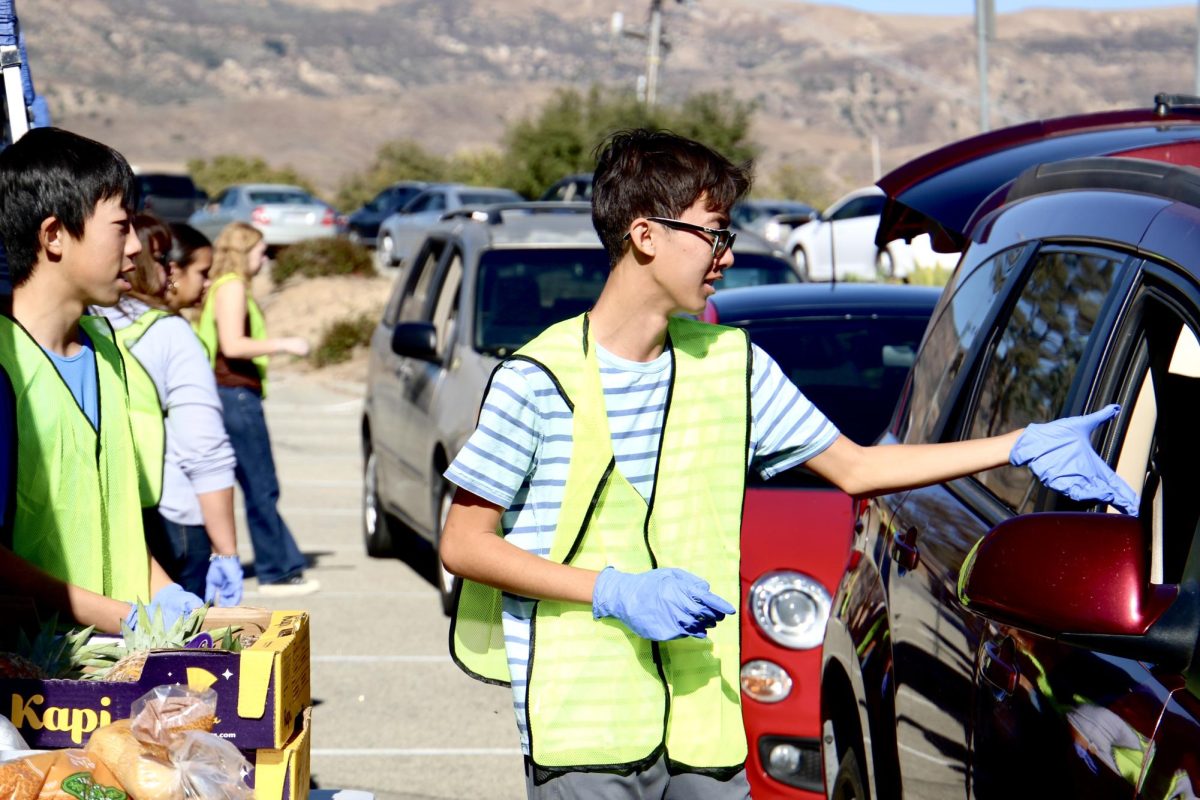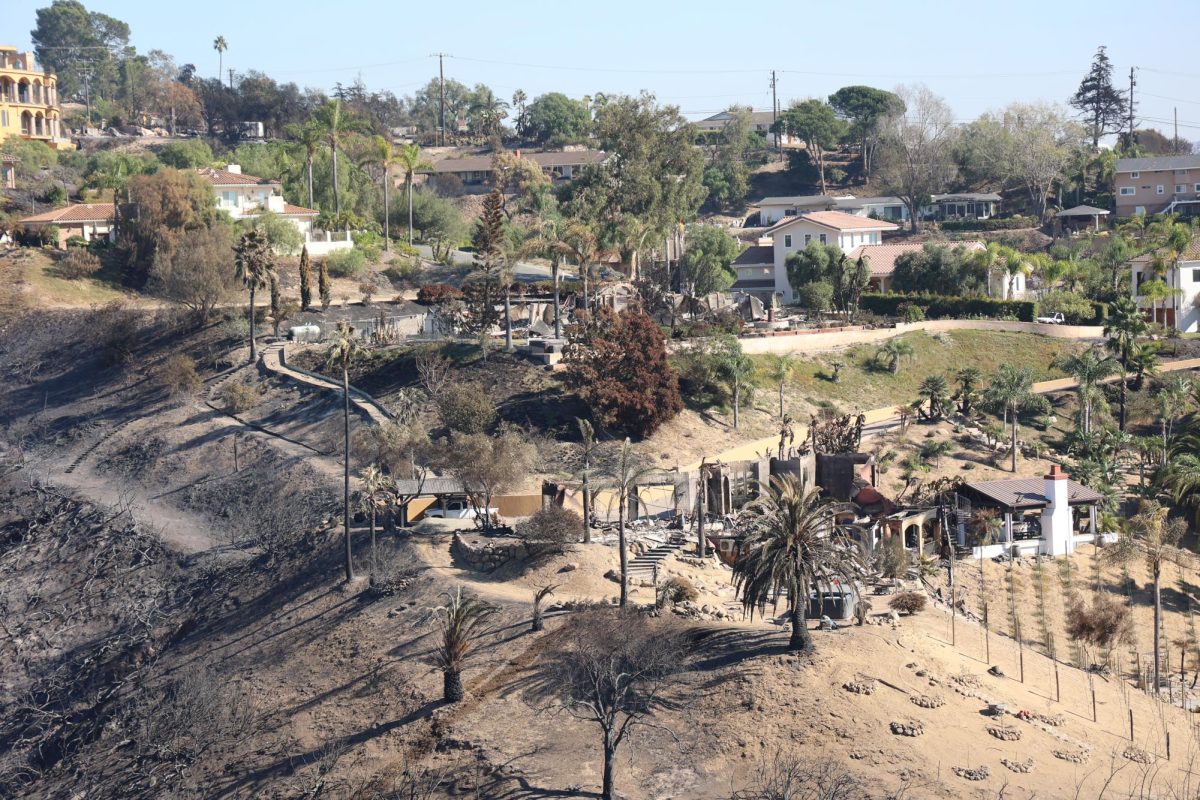Award-winning author strikes Oxnard College with his powerful venture into the world of crude manual labor and the life of undocumented workers, as he descends into the depths of undercover journalism.
Gabriel Thompson, community organizer, journalist and author, headed to Oxnard College to speak to a packed lecture hall of students and faculty about the year he spent learning about the work experience of immigrants by working alongside them in the most gruesome conditions, as chronicled in his book; “Working in the Shadows: A Year of Doing the Jobs Americans Won’t Do.”
“My main goal in writing this book was to get through to those people who have never heard anyone speak Spanish and spend their day watching CNN,” said Thompson. “People who wear suits and live in their fancy apartments in Manhattan, dominate the discussion on immigrants without knowing the struggles of working in the lettuce fields in Arizona, the chicken plants in Alabama, or even the strawberry fields here in Oxnard.”
The lecture, which held the same title as Thompson’s book, was part of the Oxnard College Literature, Arts and Lecture Series that was held on Nov. 3. It was also part of the “One Book, One Campus” selection at OC, which is coordinated by Dr. Marie Butler, Sociology Professor.
His talk gave the audience some perspective on the difficulties that migrant workers face every day, as well as what someone is willing to endure just to be able to understand a group of people with no voice.
Thompson is a California native who relocated to Brooklyn, NY where he spent five years working as a community organizer for the Pratt Area Community Council.
He has contributed writing to the Huffington Post, The New York Times, New York Magazine and many more.
He is also the author of two other books titled: “Calling All Radicals,” and “There’s No Jose Here.”
He has used his experience to give immigrant workers a voice, citing that there is an incredible need to write about them, just like everyone writes about everyone else.
Thompson quickly realized that the strenuous work he had done in the fields of Yuma, Arizona for two months was miniscule compared to the work that the undocumented workers had been doing all season long.
“Doing the work that I did made me realize how much debt we all have towards the people that permanently do these hard labor jobs,” said Thompson. “I knew farm work was hard, but not as hard as it was.”
He also explained that many of the workdays for these workers began at 2 a.m. and ended around 8 p.m. For Thompson, just a 14-hour day was bad enough.
He described the end of his days as lifeless without energy, with him unable to do anything but sleep from the exhaustion.
Thompson witnessed racist backlashes from static towns that weren’t welcoming of new arrivals and also had the chance to sit in at a white supremacist gathering in Alabama.
Dr. Ishita Edwards, economics and interdisciplinary studies professor, commented on the possibility of internalized racism within “white culture.”
“I think racism varies a lot amongst individuals,” said Edwards. “I have known individuals who are not racist, but there are others who have some racial bias.”
Edwards spearheaded the idea of booking Thompson as a guest of the series, after seeing him speak on BookTV.
As Thompson worked in the lettuce fields of Arizona, the chicken plants in Alabama and as a delivery boy in New York, he realized that a sense of camaraderie did not exist in all of these places.
In his research, he also mentioned that these jobs have been de-skilled so much due to the high turnover of personnel that it takes away from the quality of the product there are working with.
In the chicken plant, over 250 thousand chicken were processed a day, as they stood at a conveyor belt ripping the chickens to pieces.
According to Thompson, the break room had a wall dedicated to snacks and drinks, while the other wall was fully stocked with painkillers for workers to purchase.
He also mentioned that it was impossible to get through your workday without making aspirin your best friend, and that it was a struggle to survive the day.
Thompson’s approach to his naturalistic undercover experience is one that can be considered commendable and thought provoking. Many students at OC were able to relate to his newfound familiarity with what has been a part of the Latino culture for generations.
Sara Padilla, a 55-year-old student at OC, was impressed with Thompson’s bravery to quit his job and journey into Mexico to experience that life on his own.
“I admire Gabriel,” said Padilla. “I have always worked in factories with my hands and it is very hard labor, so it’s great that he took the time to do all of that.”
Shelley Savren, English professor and coordinator for this event, was enthused by Thompson’s experience.
“It was an amazing event,” said Savren. “People were pouring out of the isles and a lot of the students had fascinating questions. Hearing about how he went and did back-breaking labor to experience it for himself is very admirable.”

Gabriel Thompson takes a few moments to sign autographs. (Photo by Monica Valencia)

Gabriel Thompson stands between Dr. Marie Butler (left) and Dr. Ishita Edwards, who are responsible for his presence.

